How the soaring cost of living is hitting Sri Lankans hard
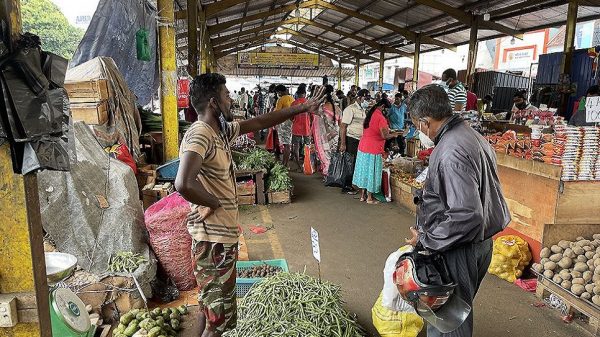
“Cooking gas cylinder prices have almost doubled and we cannot afford it anymore,” says Niluka Dilrukshi. The 31 year-old mother-of-four has always cooked with gas to prepare food for her family, but now says firewood is her only option.
“I used to provide fish and vegetables daily to my children. Now we are giving them one vegetable with rice,” she says. “Earlier we used to have three meals a day, now sometimes we can afford only two.”
Mrs Dilrukshi and her family live in a suburb of Colombo, in Sri Lanka. Her husband is a day-wage labourer but the soaring cost of essential items, particularly food, means they are suddenly struggling to make ends meet.
Over the past four months, the price of a standard cooking gas cylinder has shot up from $7.50 to $13.25 – an increase of around 85%.
Sri Lanka, an island nation of 22 million people, is facing an unprecedented economic crisis. Its foreign exchange reserves dropped to around $1.6bn by the end of November, only enough to pay for just a few weeks of imports.
As a result, the government has been forced to restrict the import of several essential commodities – including food items – in a desperate bid to hang on to its vital dollar reserves. This move, combined with increasing fuel and freight costs, has pushed the price of essentials such as milk powder and rice much higher.
This sharp rise in living costs is not just a problem for Sri Lanka. Several other nations in Asia, such as neighbouring India and Pakistan are also battling soaring inflation – people across the continent are having to tighten their belts to cover the cost of every day food and energy costs.
The situation is particularly acute in Sri Lanka, because it is a smaller island nation that’s very reliant on overseas imports to feed its population. For example, the country’s tiny dairy industry cannot meet local demand so it imports powdered milk.
View from the market
But in the bustling main vegetable market in Colombo dozens of shop owners are selling plentiful supplies of carrot, beetroot, curry leaves and many other greens. Many shoppers openly complain about the surging prices and are bargaining hard to reduce the price, or buying very limited quantities.
“With our current monthly salary, we can survive only for two weeks because the prices have shot up. We don’t have any hope for the future. Rice prices have also increased. There’s a long queue outside government-run shops,” one of the shoppers, Ms Swarna explains.
With several essential food items in high demand, Sri Lanka’s food prices increased by a record 21.1% last month on a year-on-year basis
Following a sharp hike in milk powder prices – up 12.5% – the café owners’ association has decided to suspend selling popular staple, milk tea, entirely. They say milk tea will only be offered on demand, at a higher price.
“Sri Lankans are quite sensitive to food price inflation. There has been already a lot of negative sentiment regarding the constraints that we are seeing,” says Deshal de Mel, an economist with think tank Verité Research. “I think it is probably close to a point of a lack of tolerance if this level of price escalation [continues].”
Just before the New Year, the government managed to increase the reserves to $3.1bn reportedly through currency swap arrangements.
But Sri Lanka’s total external debts are estimated to be more than $45bn and it needs to find more than $6bn this year for debt servicing. It’s not the only nation in this position, Pakistan and the Maldives are also thought to be suffering.
The pandemic and the rising global fuel costs have added to Sri Lanka’s woes. The country’s biggest revenue earner, tourism, has taken a huge hit due to the pandemic with international flights grounded.
Sri Lanka earned nearly $4bn from tourism in 2019 – and that has dropped by around 90% due to the pandemic.






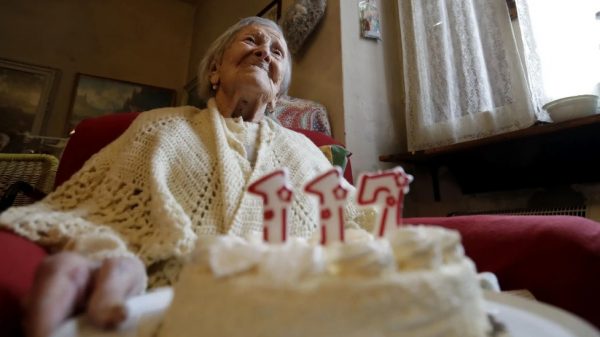
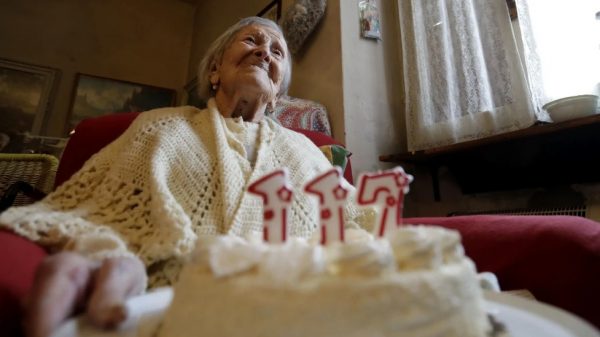
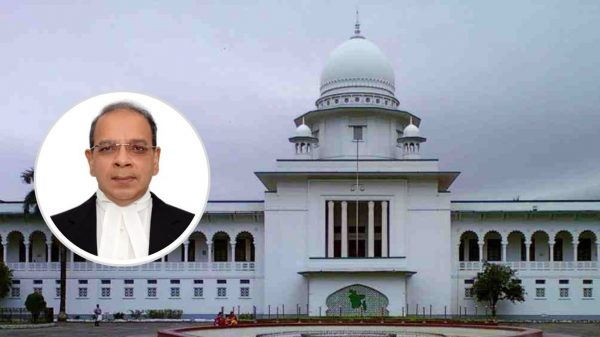

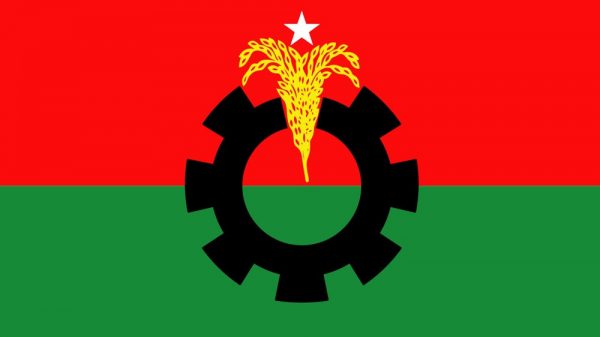



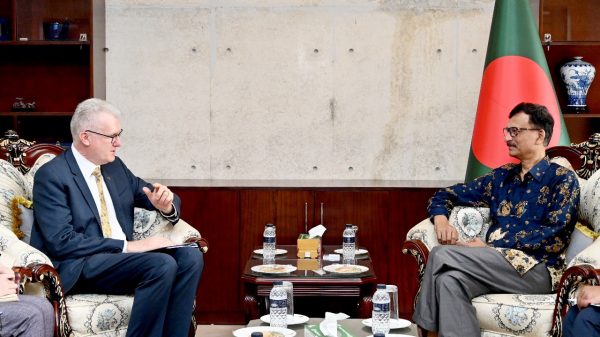
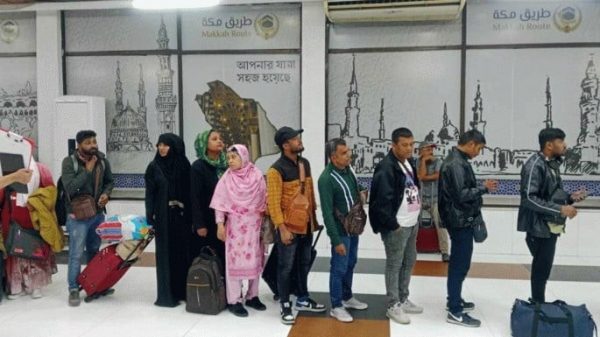

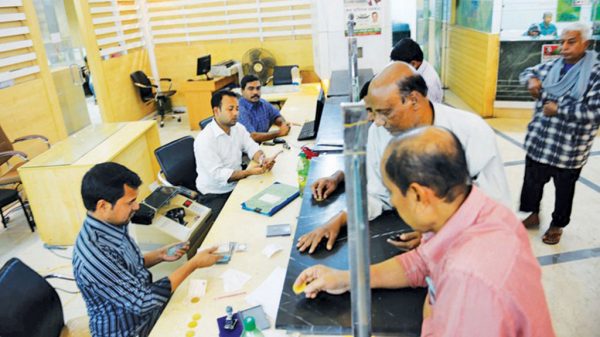











Leave a Reply